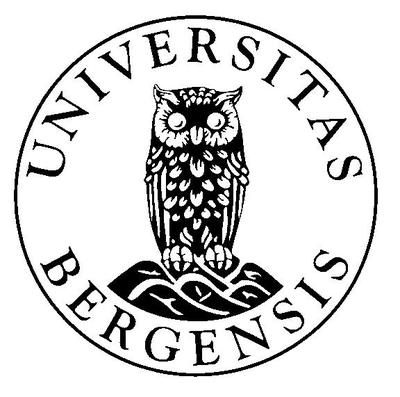
UNIVERSITY OF BERGEN | NORWAY
- 5007 Bergen, Norway
- Visit University Websites
- University Type: Public
- Famous For : Academic Diversity




Bergen, Norway, is home to the University of Bergen. It has around 17,000 students and is one of only eight colleges in Norway. The University was established in 1946, although instructional activities in Bergen may be traced back to 1153.
The University of Bergen (UiB) is a well-known research university. Scholarly good variety and excellent quality are important to us. UiB is Norway’s most prestigious University. Norway student visa from Bangladesh is provided by Shopnotour for Students.
There are seven resources at UiB, and there are 16900 students. One thousand eight hundred eighty of these are general understudies. We employ 3 600 people. Ph.D. candidates have compensated employees of UiB, making the doctorate particularly enticing to growing talent. One in every three graduating experts comes from outside of Norway. We tell students about Norway study visa costs, Norway study visa consultants, Norway study visa agents, Norway tourist visas, Norway visa processing, Norway student visa acceptance rate, Norway visa company, and so on.
Famous Alumni include Knut Olav ms, Director of Fritt Ord, Erna Solberg, Prime Minister of Norway, and Karl Ove Knausgard, Award-winning novelist.
UiB is a globally recognized research institution emphasizing academic diversity and excellent quality.
Campus life is alive and well.
Humanities, Law, Mathematics, Natural Sciences, Medicine, Psychology, and Social Sciences
Tuition fees for postgraduate students range from: It is open to all nationalists.
Requirements for Admission:
Travel documentation that is valid (Passport)
Curriculum Vitae (CV) (Detail Address, Phone Number, Email & Skype ID)
Two reliable references with email and phone numbers
SSC and HSC grades are 75%.
The Bachelor’s above Degree resulted in a mark of 75%.
Certificate of English Proficiency (IELTS 6.5 or above or TOEFL 554 or above)
Work Experience Statement of Purpose/Motivational Letter (If Available)
The cost of admission is 20,000/=.
Contact Us
Shopno Tour
01958553912-4
Studying abroad offers several benefits, including exposure to new cultures and ways of thinking, the opportunity to learn a new language, the chance to gain international experience and make global connections, and the potential to boost your career prospects.
The admission requirements for studying abroad vary depending on the country and the institution you are applying to. Generally, you will need to provide academic transcripts, proof of English language proficiency (such as TOEFL or IELTS scores), letters of recommendation, and a personal statement or essay.
When choosing a study abroad program, consider factors such as the location, academic reputation of the institution, program offerings, cost, and support services available to international students.
The process for applying for a student visa varies depending on the country you are applying to. Generally, you will need to provide proof of admission to a recognized educational institution, evidence of financial support, and a valid passport. You may also need to attend an interview at the consulate or embassy.
Studying abroad can be expensive, but there are several options for financing your education, including scholarships, grants, student loans, and part-time work. It is important to research and apply for funding opportunities early in the application process.
To prepare for studying abroad, make sure you have all the necessary documentation, including a valid passport and student visa. Research the culture and customs of the country you will be visiting, and consider learning some of the local language. Connect with other students who will be studying abroad to build a support network, and make sure you have sufficient funds to cover your living expenses.
The process for finding housing while studying abroad varies depending on the country and the institution you are attending. Many institutions offer on-campus housing options, while others may provide assistance in finding off-campus accommodations. It is important to research your options and make arrangements well in advance of your departure.
Many institutions provide support services to international students, such as language classes, cultural activities, academic advising, and counseling services. It is important to take advantage of these resources to help you adjust to your new environment and succeed academically.
